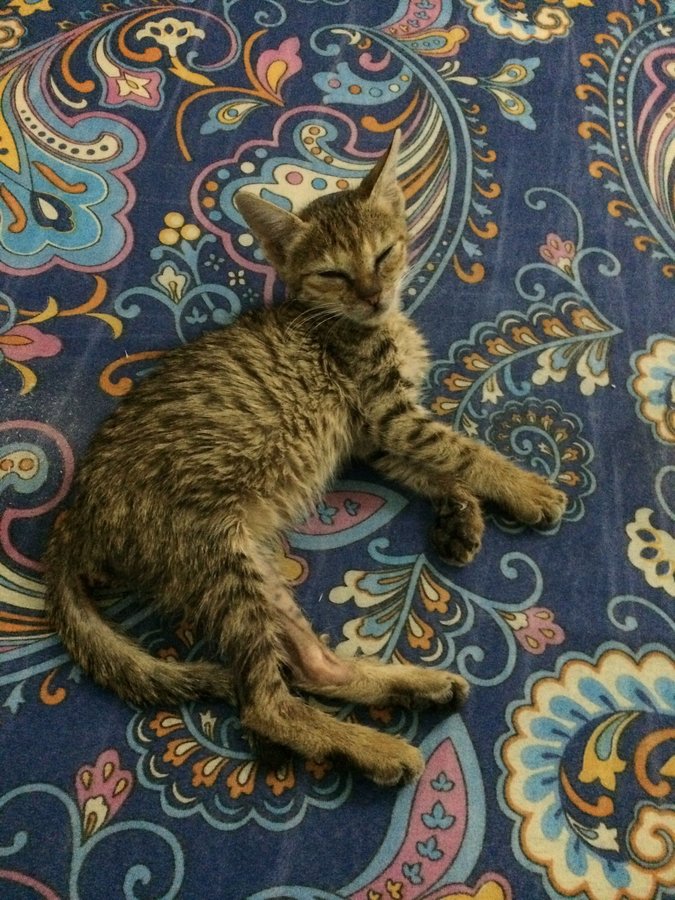I don't really know where I should be posting this, but "Cats and Other Animals" seemed to be the closest to the subject. Can wildcats, "wildcat" referring to the domestic cat's wild ancestors, felis silvestris, (not bobcats, leopard cats, servals, etc) be tamed and kept as pets? Supposedly pet cats are descended from the African wildcat (felis silvestris lybica), and I've read in cat encyclopedias and stories that apparently the cat can be tamed by people, and are kept by herders in the Middle East to hunt rodents. But what about European wildcats (silvestris silvestris) and possibly Central Asian wildcats (silvestris ornata)? They all look more or less similar to a typical shorthair brown mackerel/spotted tabby cat, except larger, and have longer limbs. From what I've heard, the European wildcat is the most difficult, if not impossible to tame, especially Scottish wildcats. But I've found something that mentions hand rearing European wildcat kittens, and this page on a website in Switzerland mentions a European wildcat living in a guy's backyard, but some of the pictures look like a wildcat/domestic cat hybrid, as the cat has a marbled tabby coat, but has the head shape of a wildcat. But wildcats can breed with feral cats, and the hybrids are slowly wiping out the wildcat as a pure subspecies. Why haven't there been any domestic cat/wildcat hybrids sold as pets, (felis s. catus x silvestris/lybica/ornata) unlike Bengals, Savannah cats, Chausies? Has anyone here worked with or lived in places where wildcats are common? How different are their behavior from ferals?
Last edited:

